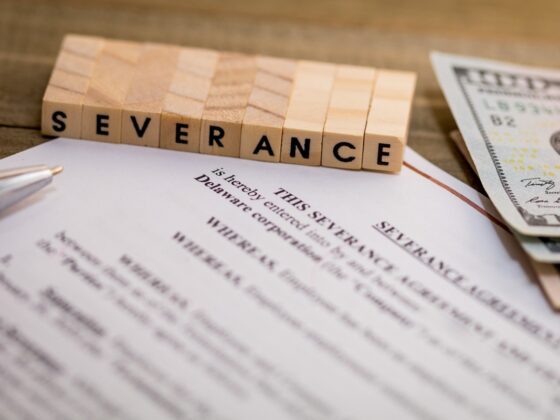We all know the adage, “you only have one chance to make a first impression.” There is no better application of this truth than the job interview. Showing up with confidence and conviction is critical for interview success, and the best way to gain confidence and conviction is through solid preparation. Here are a few preparation tips you can follow to ensure that you make the very best first impression in your next interview.
Read a few of the top tips from Darden’s Armstrong Center for Alumni Career Services below. If you want more interview prep support, check out the ACS Job Search Toolkit. Darden alumni can also contact our office for a one-on-one counseling session or mock interview.
1) Opener: Interviews usually begin with an open-ended prompt like “tell me about yourself” or “walk me through your resume.” The best response is a succinct (2–3 minutes) pitch summarizing your background and relevancy to the open position.
The most effective way to prepare this response is to begin with some creative writing. Write out an essay to yourself that tells the story of your professional life. It should summarize your background, highlight your best skills and address some of the unasked questions on any interviewer’s mind, such as: “Why are you pursuing this job?” and “How will you address our needs?” Remember that the main concern of the interviewer is solving a hiring puzzle.
Edit your essay to around 500 words, then practice saying it aloud to yourself to ensure that you’re making strong, clear points with smooth transitions. Perhaps use a voice recorder app to review it. You won’t memorize your script, but by writing and polishing your storyline and practicing the articulation, you’ll naturally deliver crisp, relatable points to any audience.
2) Body: General lines of inquiry in interviews are sometimes referred to as “behavioral” questions. Since you cannot predict what specific questions you’ll get, it’s best to prepare for this part of the interview using the star chart method.
You’ll first need to develop a list of the most important skills, attributes and qualities needed to land the job. This list can be gleaned from a thorough reading of the job description and using your best judgement about what you think the role entails. For each item on this list, you’ll need one or two useful anecdotes that illustrate how you have developed or used the skill, faced a similar situation or can effectively handle elements of that job. Even if some of the traits needed are stretch objectives, you should find situations from your past professional life that illustrate how you will work up to the higher level. Filling in the chart with prompts and keywords will help you remember salient details, metrics and outcomes. Be very results-focused in your answers, which means talking less about the set-up of a situation and more about your role and your impact on the organization.
There are two other topics that frequently come up in the body of the interview: company culture/fit and passion. You’ll be asked, “Why do you want to join ABC Corporation?” This is an opportunity for you to express how you will succeed in the role. The best answers show a desire to accomplish their goals and don’t just address advancing your own career. Passion relates to the hiring organization’s product, service or mission. To show passion, try to personally experience the product or service and have an anecdote or point of view you can share with the interviewer.
3) Curveballs: Anticipate and prepare careful answers for difficult or sticky questions, such as: “What are your salary requirements?’ or “Why are you looking for a new job?” Instead of deflecting the compensation question, use our recommended resources to determine what you think is a fair range of base salary for the role, and be willing to both state your worth and ask the interviewer what they expect to pay. If you’re out of work or facing a layoff, be direct but positive about what’s caused your transition. Refocus the conversation toward how you’ll be a great addition to your next employer (this is another answer that can be improved with a bit of introspective writing and practicing aloud).
4) Questions: When asked what questions you have for the interviewer, demonstrate that you’ve done some research on the company by asking questions that are specific and relevant to their current market dynamics. Prepare a detailed list of questions in your research, then match the appropriate questions to the specific interviewer. For example, ask the recruiter about the steps in the hiring process, but ask the hiring manager about key strategic questions for her team or the business. Go the extra mile for later stage interviews by listening to public company earnings calls (with a service like earningscast), searching for press releases, and doing additional research on customers and competitors.





